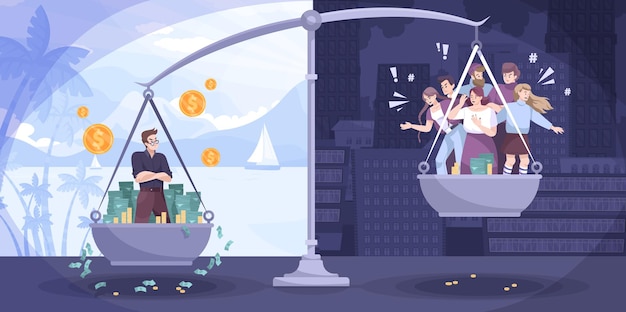
What’s Better: Investing or Clearing Debt?
Mel @ brokeGIRLrich / May 9, 2022
Let’s face it, many of us are in debt. In fact, debt levels are the highest they’ve been since the 2008-2009 recession. So, if you’re considering clearing your debt or perhaps investing in a retirement savings account, you might be wondering what to do. The best advice? Do both. Clearing debt helps to boost your credit score, which can open the door to further credit lines. At the same time, it’s just as important to think of your future and put enough money away for retirement. So, let’s break down what to consider for each.
Balancing Debt Payment and Investing:
You need to achieve a delicate balance in three areas: clearing debt, saving for retirement, and creating an emergency fund. Although it may seem like a good idea to pour a lot of money into these goals, it’s actually better to put aside small amounts consistently. If you push too hard on investing and just handle the minimum of your debt repayments, you might find yourself paying too much interest over time. So it’s important to understand the costs involved and your ability to save for the future. It’s not a matter of choosing one over the other.
Choosing Between Debt Payment and Investing:
Paying off debt and investing are both crucial financial goals, but deciding which one to focus more on can be tough. So, consider the following:
Retirement Timeframe
It’s key to ensure that you aren’t saddled with debt when you retire. You should also think about the urgency and impact of different types of debt. If you’re catching up on savings, consider other ways to reduce your debt while boosting your income. Many people are exploring alternative investments like cryptocurrency, though remember to invest for the long haul instead of seeking quick profits. Also, if you are getting close to retirement, swallow the hard truth: you may need to spend less, contribute more to your savings, and may even need to work longer to meet your goals.
The Size of Your Debt
If your credit balance is high, your credit score will be low. If you’re only able to make minimum payments, take a serious look at your budget. Focusing on lowering your credit utilization can significantly lessen your financial stress.
Choosing Between Balance Transfer or Refinancing
Both options can lower interest costs and monthly payments. Be careful, though, about adding to the card balance you’re paying off. These financial tools can help manage debts more easily if you’re disciplined and ready to modify your lifestyle accordingly.
Investing While Paying off Debt
Striking the balance between investing and debt payment is all about the money you’re comfortably willing to use. Be cautious, don’t overinvest. Prioritize making at least the minimum debt payments each month. If “extra” money comes in – like paying off a credit card – consider adding it to a brokerage account to help build long-term wealth. Try to keep below 20% of your credit limit and gradually reduce that percentage. Then, you should have enough spare cash to invest in stocks, cryptocurrencies, or whatever takes your fancy. Remember, if your debt is high, target those debts with the highest interest first.
Finding the right balance can be tricky, but it’s crucial to keep moving towards a financially stable future while paying down debt. If your debt usage remains high, it can limit your ability to save or invest, let alone plan for retirement. The key is to work on managing both aspects effectively.